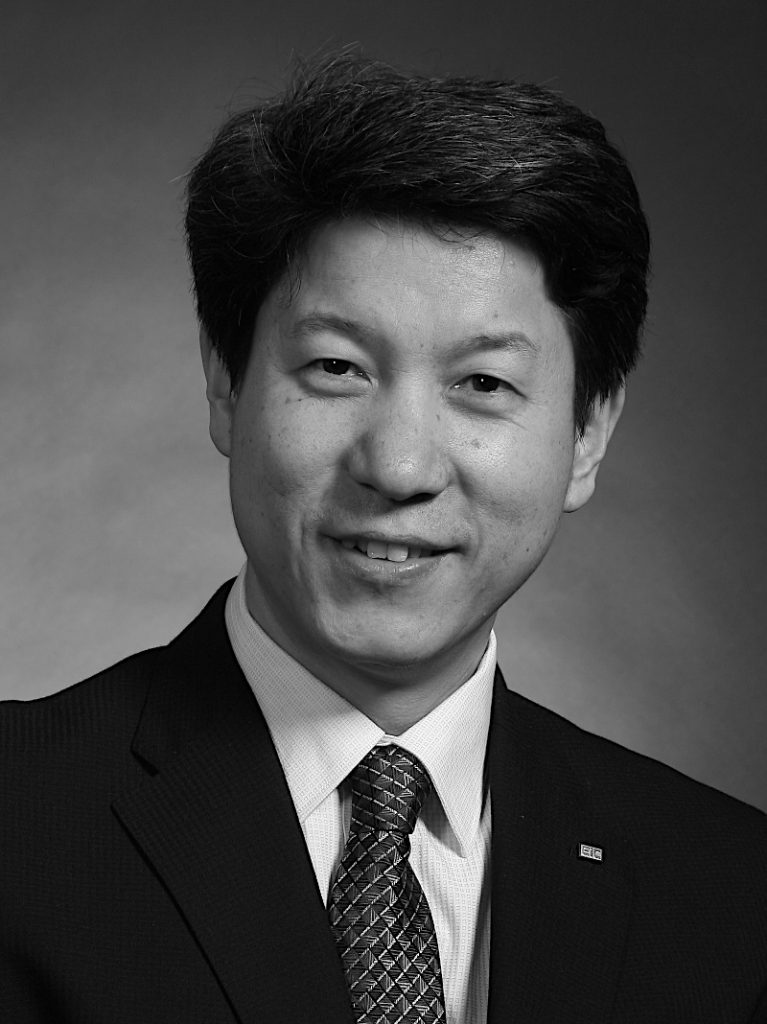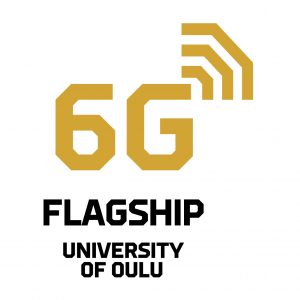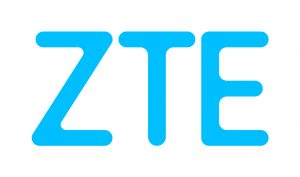
Zhisheng Niu (M’98–SM’99–F’12) received the B.E. degree from Beijing Jiaotong University, China, in 1985, and the M.E. and D.E. degrees from the Toyohashi University of Technology, Japan, in 1989 and 1992, respectively. From 1992 to 1994, he was with Fujitsu Laboratories Ltd., Japan. In 1994, he joined Tsinghua University, Beijing, China, where he is currently a Professor with the Department of Electronic Engineering. His major research interests include queuing theory, traffic engineering, mobile Internet, radio resource management of wireless networks, and green communication and networks. He received the Outstanding Young Researcher Award from the Natural Science Foundation of China in 2009 and the Best Paper Award from the IEEE Communication Society Asia–Pacific Board in 2013. He has served as the Director for Online Contents from 2018 to 2019, Chair for the Emerging Technologies Committee from 2014 to 2015, Director for Conference Publications from 2010 to 2011, and Director for Asia–Pacific Board from 2008 to 2009 in the IEEE Communication Society. He was also selected as a Distinguished Lecturer of the IEEE Communication Society from 2012 to 2015 and the IEEE Vehicular Technologies Society from 2014 to 2018. He is currently serving as an Area Editor for IEEE TRANSACTIONS ON GREEN COMMUNICATIONS AND NETWORKING. He is a fellow of IEICE and IEEE.
Beyond Age: Urgency of Information for Timeliness Guarantee in Status Update Systems
X. Zheng, S. Zhou, Z. Niu
Timely status updating is crucial for future applications that involve remote monitoring and control, such as autonomous driving and Industrial Internet of Things (IIoT). Age of Information (AoI) has been proposed to measure the freshness of status updates. However, it is incapable of capturing critical systematic context information that indicates the time-varying importance of status information, and the dynamic evolution of status. In this paper, we propose a context-based metric, namely the Urgency of Information (UoI), to evaluate the timeliness of status updates. Compared to AoI, the new metric incorporates both time-varying context information and dynamic status evolution, which enables the analysis on context-based adaptive status update schemes, as well as more effective remote monitoring and control. The minimization of average UoI for a status update terminal with an updating frequency constraint is investigated, and an update-index-based adaptive scheme is proposed. Simulation results show that the proposed scheme achieves a near-optimal performance with a low computational complexity.
Hits: 677













